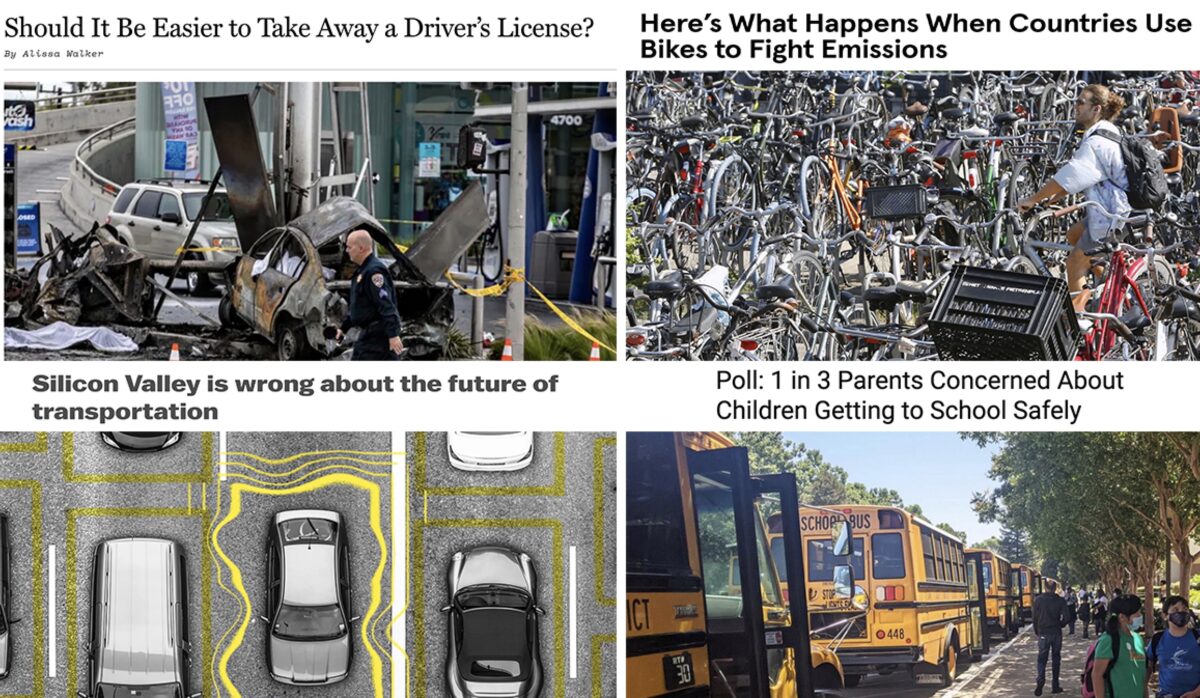
Welcome to the week.
This week’s edition is sponsored by Freeya, a new app that makes getting rid of/finding free stuff easy and fun. Don’t miss their Freeyapalooza bike ride this Saturday, August 27th.
Here are the most notable stories our writers and readers came across in the past seven days…
Fewer carrots for cars: In this important opinion piece, the case is made that simply expanding rail and other non-car options is not enough if we continue to pour billions into freeways. (LA Times)
Too bad, so sad: Great news! Some car users in New York City are freaking out because they can’t find a place to park their cars. (Bloomberg)
Take away the keys: Given the terrible state of car culture and driver behavior these days, some folks think taking away licenses is an obvious way to address bad actors; but it’s not that simple. (Curbed)
What parents really fear: Speeding, distracted drivers and careless children are among the top safety concerns of elementary school parents according to a national poll. (School Transportation News)
Inequitable: Many people try to say cycling is elitist and they frame driving as a working class mode; but as the cost of owning a car continues to skyrocket, we’re headed toward a future where our driving-centric culture is a key driver of America’s inequity. (USA Today)
Good news and bad news: New research published in Nature shows that we literally save the world from climate change’s worst impacts and dramatically slash emissions if the billions of people who own bicycles start using them a lot more. The bad news is, we need to convince politicians and the public that it’s possible. (Wired)
Beware Big Tech: We simply cannot rely on the car-loving Silicon Valley to solve our transportation problems argues a new book by Paris Marx that examines the perils of the high-tech driving utopia. (Vox)
Lessons of history: Colin Stein has written what appears to be an exhaustive history of cycling activism in Vancouver, British Columbia from 1986 – 2011 that is chock full of lessons other cities can learn from. I’m ordering a copy! (Viewpoint Vancouver)
Colorado can, can we? Big news from Colorado where a regional transportation board (hi Metro!) has passed a new rule that would end planned freeway expansions and shift nearly $1 billion into climate-friendly transportation projects! (Colorado Public Radio)
Videos of the Week:
- The Insane Cost of Cars (TechAltar/YouTube)
- The Car-Replacement Bicycle (the bakfiets) (Not Just Bikes/YouTube)
Thanks to everyone who sent in links this week!



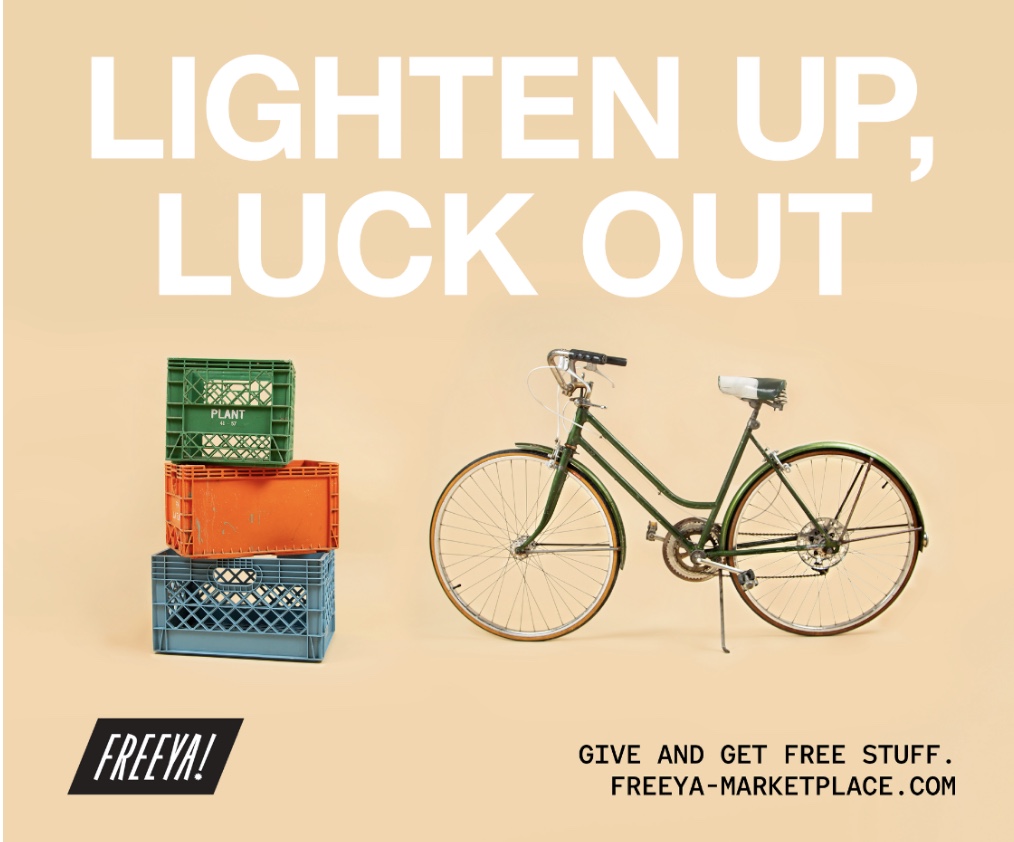
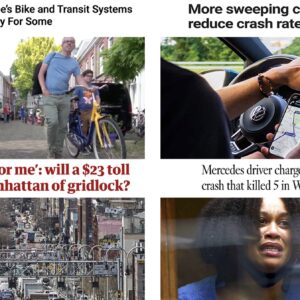
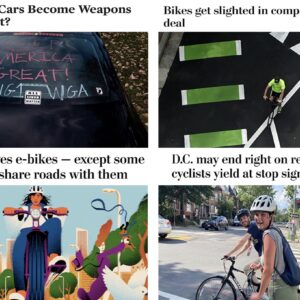
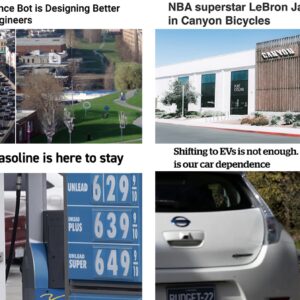
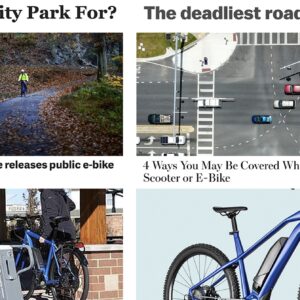
Thanks for reading.
BikePortland has served this community with independent community journalism since 2005. We rely on subscriptions from readers like you to survive. Your financial support is vital in keeping this valuable resource alive and well.
Please subscribe today to strengthen and expand our work.
Take Away the Keys: The article asks “Can we totally eliminate the possibility of someone [driving like a nutjob] in the future?”
Yes. Let the robots drive. They too will make mistakes, but they’ll be less severe and less frequent than the ones that humans make.
We’ll also lose some freedom and privacy, but that’s probably a price worth paying.
Watts, I am not sure I agree with your blanket hope for tech as 100% solution. After researching “the perfect storm” of adoption of testing autonomous cars in Arizona …I would highly recommend that any state or local jurisdiction mandate that the automobile manufacturer take on 100% fault for any vehicle in full autopilot / autonomous mode unless the driver / a hacker did something…especially those vehicles in best testing on our public roadways. We can focus first on any AV involved in a crash or injury of vulnerable roadway users. If the tech is that great then they have not much to loose. Right?! Thus in the US this needs to move past the “product liability” claim and be more holistic.
[This would be similar to how the Dutch have historically transferred most/ if not all of the responsibility for a crash to the motor vehicle operator vs the cyclist / pedestrian. This has been much more successful in reinforcing traffic safety / lower injury rates / vision zero than the US model so far. Though we will see if the NLs new “Experimenteerwet zelfrijdende auto” undermines this historical safety trend.]
https://www.munichre.com/topics-online/en/mobility-and-transport/autonomous-vehicles/liability-autonomous-vehicles.html
I would agree to a point; if the vehicle errs, I would agree the liability should sit with the manufacturer, not the vehicle owner. If, however, another driver was at fault, then I don’t agree that the autonomous vehicle manufacturer should be liable (for example if the robot vehicle is rear-ended at a red light by an inattentive human, which seems to be a common cause of collisions).
One nice thing about autonomous vehicles is there is a ton of data available regarding what happened, including video footage and copious sensor data.
Even the best tech cannot prevent all collisions, but I do think it is reasonable to expect that it be safer than a human driver.
Given the considerable level of scrutiny given to any incident involving an autonomous vehicle, I am highly confident that the courts will be able to sort this out and that we’ll arrive at a reasonable system for assessing liability.
Regarding the behavior referred to in the article (and thus in my comment), I think we will get close to 100% on the first generation of tech from responsible (i.e. not Tesla) companies. The bar is not high.
On the NotJustBikes Bakfiets video:
I just bought an Urban Arrow a couple months ago, and it is incredible. Really fun to ride, hanging back in that super-upright dutch style position with an incredible amount of control and shocking nimbleness. Today am I going to pick up my daughter from day care and go on a grocery run. Last time I heard another kid go “No fair!” when they saw my daughter get into the bakfiets. My wife likes to use it too. We live Tigard, which is very car-centric, but thankfully we have routes that we can use to avoid the major roads.
On the weekends we go on longer rides with the toddler’s balance bike / scooter hung off of the side. Typically within a 5 mile radius of our home (barring crossing I-5 or 217, which lack pedestrian/bicycle crossings in the SW). The kid can get off and ride with us on the balance bike/scooter until they are tired. They can get in and out as they please, stopping is trivial. It is a great way to explore our surrounds with our little one!
And for less than the yearly average cost of the car it was quite the deal, even at $8k!
People who think cycling is simply elitist have a glaring blind spot. A large portion of my customers who pay for bikes and repair service in my shop are impoverished people in this community with a poverty rate of somewhere between 20-35% according to various reports. Many of them are also people who can no longer drive after enough DUIs.
People who think cycling is elitist would do well to read Adonia Lugo’s “Bicycle/Race” book that highlights the struggles of the poor in LA who rely on bicycles.
Elitist cyclists are the proverbial “tip of the iceberg”, a highly visible minority that may distract from the larger, but much less visible mass of cyclists who, like me (and probably you), use their bikes as tools.
So perhaps it is a “glaring blind spot”, but it’s also a very understandable one, similar to the blind spots in other cultures we all suffer from.
Today’s WSJ headline: Portland, Ore., Once Among Safest U.S. Cities, Struggles to Cut Homicide Rate.
Also, yesterday in San Francisco, cops caught a guy sawing off a catalytic converter red handed. They let him go with a promise to never do it again.
It ain’t just Portland.